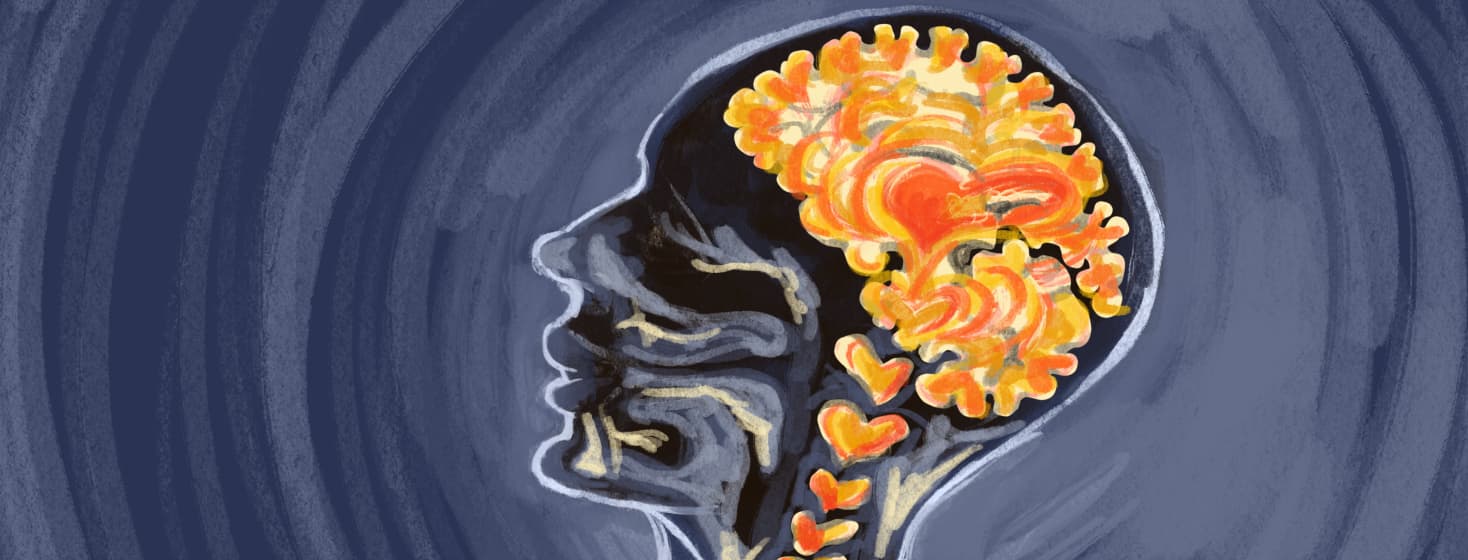Does Gratitude Impact the Brain?
Heart failure is really REALLY hard. So, as a disclaimer, I am not writing this in hopes of communicating some idea that we fake gratitude then we can magically somehow become happy.
Authentic gratitude
There is an extreme amount of loss with the CHF diagnosis, so I am not advocating forced feelings or the idea that we should feel a certain way. What I am saying is that, at least in my experience, this disease has brought out some incredible kindness in some people.
So, while it remains a dreadful disease and the fact I will remain a lifelong cardiac patient is super tough, there are kernels of things I am grateful for in the midst of this overall horrific experience. I have seen a level of love directed at me that has kept me going. On my deathbed, whenever that may be, at least I will be grateful for that.
Gratitude and the brain
I was listening to a radio program about happiness and how certain activities can promote it. Happiness is not a random situation, specific brain chemistry, or specific life experience; there are things that actively promote happiness.
This led me to gratitude and the question of whether that does anything to our brain. I have certainly experienced some pretty profound impacts, particularly moments of happiness and calm when I feel deep gratitude for the love and support my family and friends have shown me. Have these feelings of happiness and calm been a mirage?
It turns out that gratitude does have an impact on our brains. Scientists have seen our brains actually change after subjects experience gratitude. So, there are benefits to gratitude, even from a neuroscience perspective. Has anyone else been able to find things to be grateful for during your heart failure journey? Have you found any physical impacts after experiencing the feeling of gratitude?1
Interesting research
I found a few interesting studies to point out. In a study at the University of California Los Angeles, brain activity was measured using magnetic resonance imaging (MRI) as subjects received gifts and felt feelings of gratitude. The results indicated that the feeling of gratitude supports a positive attitude and relief from stressors.2
If you are interested in learning more, do a quick Google search. There is a lot of material out there on how gratitude increases dopamine, the 'feel good hormone.' Gratitude helps us handle stress better by decreasing the amount of cortisol, the 'stress hormone.' This leads to better cardiac function, among other things.1
Fostering gratitude
So how can we foster a feeling of gratitude? I have heard of several things. One is a gratitude journal or writing letters (up to you whether you send them).
When I was in law school I used to meditate regularly. They were short meditations specifically centered around gratitude.
If you are interested in that route, there are free meditation apps that can help you start meditating. Feel free to add in the comments section below if you have found a practice that has been helpful in facilitating more gratitude in your life!

Join the conversation